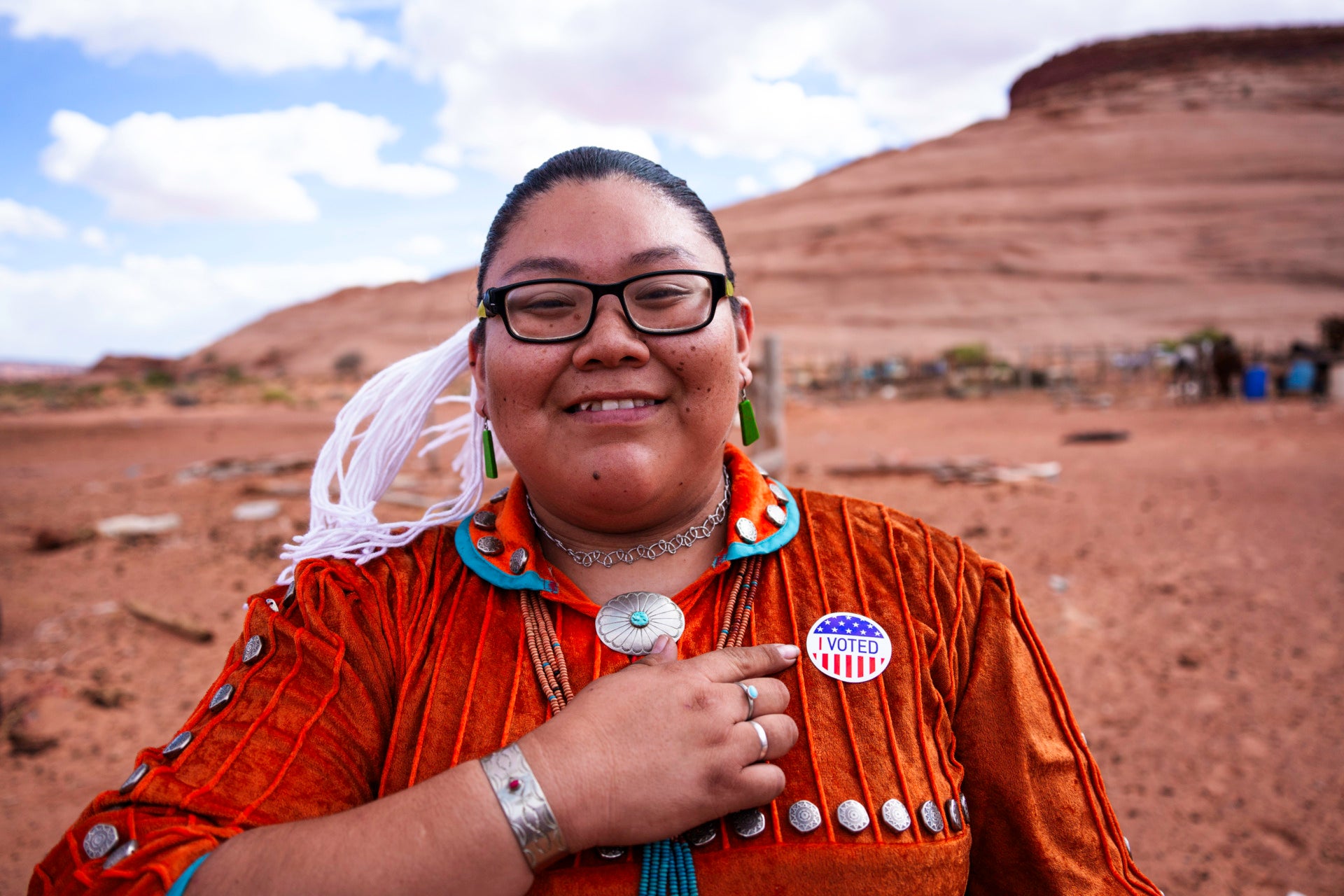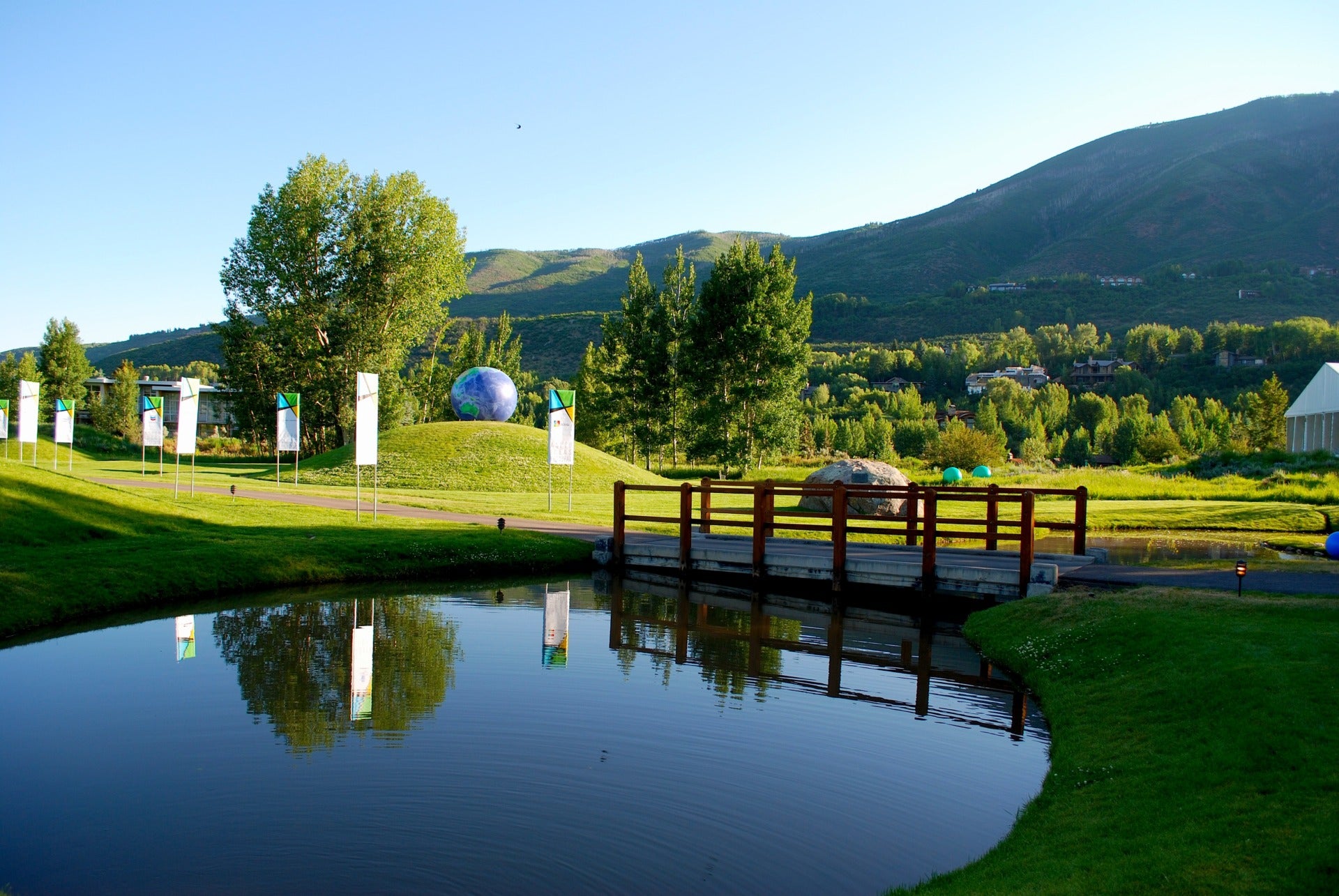Washougal, WA, was one of those small towns where almost everyone knew each other. But it changed over time. Nestled between Portland, OR, and Vancouver, WA, it became a bedroom community of reasonably-priced housing outside the cities, which attracted newcomers. As the town’s population shifted, conflict began brewing over politics and values.
Tensions worsened during the pandemic, as lockdowns tore the social fabric further. “Things were said in our civic discourse that should never be said anywhere. Threats were made, bad things happened, and people were behaving in ways that we really didn’t know if the community was going to come apart at the seams,” says Melanie Wilson, a resident.
She and others wanted to find a way to restore their sense of community. They wanted to weave and the question was, how? “We chose activities that we knew people really cared about, but where there was no controversy,” she says.
Their first project was a litter pickup on the highway, as everyone in town takes pride in the natural beauty of the Columbia River Gorge. “We just went out there one day and started picking up trash and asked ‘Who wants to join me?’ and a bunch of people raised their hands, and it was that simple,” says Wilson.
The neighbors expanded their efforts through the East County Citizens’ Alliance, where Wilson serves as Executive Director. They moved onto more “no controversy” projects: public murals, mentorship programs for youth, community gardens, and soup kitchens.
The key, says Wilson, was to reach across town to mix groups, from groups like the Rotary and Kiwanis clubs to various faith congregations, that otherwise would not interact with each other. “Because the point is not to keep people in their bubbles and reinforce the walls of the bubble, but to mix people. It’s about increasing the thread count of our social fabric,” she says.
The latest project to build relationships across divides was inspired by StoryCorps, a group that has long offered mobile and online recording studios to spur deep conversations across the US. Starting next spring, Washougal residents will interview each other. Then the recordings, or quotes from them, will be spread around the town.
“After everything that we’ve gone through in this community, it feels like nobody’s listening to what other people’s stories are and understanding where people are coming from,” says Barb Seaman, a long-time resident working for the East County Citizens’ Alliance. “These stories will be a beautiful cultural tapestry of our town.”
You can read more about the work in Washougal, WA on the East County Citizens’ Alliance website.
This story was originally published on Weave’s newsletter, a weekly resource on how to weave our communities and restore social trust. Subscribe here.

